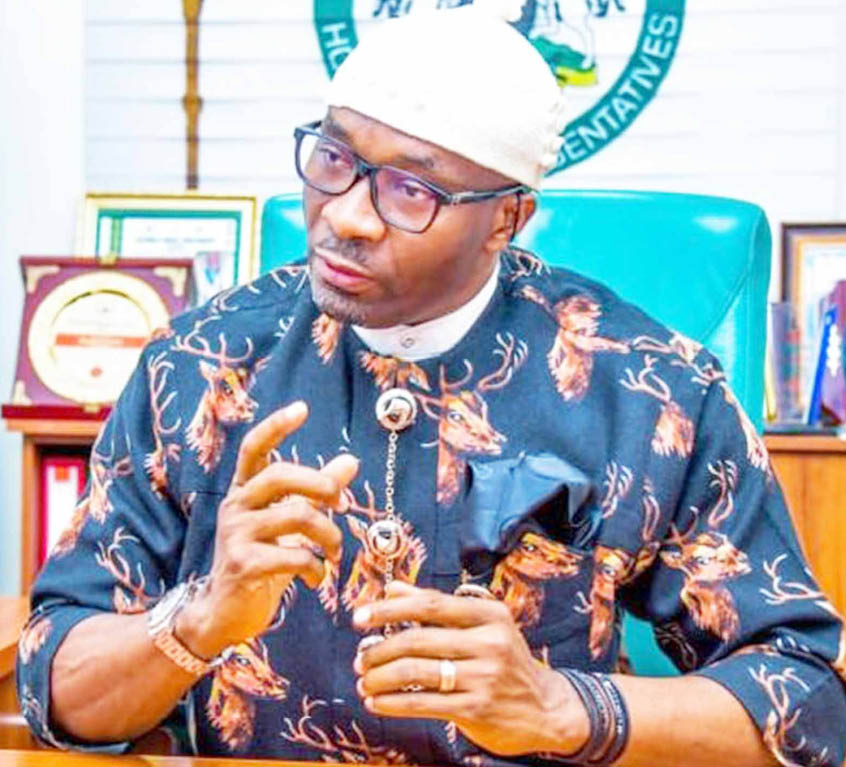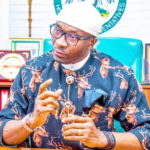The Deputy Speaker of the House of Representatives, Benjamin Okezie Kalu, has said Nigeria is ready to lead the way in bridging the global technological gap between developed and developing nations.
He stated this while addressing various global delegates at the ongoing 149th Inter-Parliamentary Union (IPU) General Debate in Geneva, Switzerland on Monday.
Themed, ‘Harnessing Science, Technology and Innovation (STI) for a More Peaceful and Sustainable Future’, Kalu said there must be regional cooperation within the African continent in order to create digital economy hubs that will empower countries to compete globally.
The deputy speaker, in a statement by his Chief Press Secretary, Levinus Nwabughiogu, said the country was also working towards the adoption of a National Artificial Intelligence (AI) policy framework which will pave the way for the ethical use of AI in addressing key challenges, from automating agricultural processes to enhance healthcare delivery.
NOA seeks media support to promote essential family practice campaign
He said, “Our legislative and executive actions clearly reflect Nigeria’s commitment to harnessing STI. In 2022, Nigeria’s parliament passed the Nigeria Startup Act, a landmark legislation aimed at engineering a conducive environment for technology and innovation startups.
“The Act provides a legal framework that supports innovation, entrepreneurship and digital transformation in our country, helping STI startups to thrive. This law also emphasises public-private partnerships, knowledge transfer and incentives for investments in emerging technologies.
“Building on this momentum, under the leadership of His Excellency, President Bola Ahmed Tinubu, Nigeria is now working towards the adoption of a National Artificial Intelligence (AI) policy framework.
“Led by our Minister of Communications, Innovation and Digital Economy, this policy will pave the way for the ethical use of AI in addressing key challenges, from automating agricultural processes to enhancing healthcare delivery.
“We envision a future where AI optimises wage employment, rather than undermine it, ensuring that automation leads to job creation rather than destruction.”
He said as digital transformation accelerated, the rise of AI brought both opportunities and challenges, adding that in Nigeria, AI is emerging as a powerful tool in governance, financial services, and public administration.
He, however, warned that with any technological leap, the country must be mindful of the risks.
He added, “Artificial Intelligence while enhancing efficiency, raises concerns about data protection, misinformation and job displacement. The integrity of universal electoral processes is a global imperative and recent developments in Artificial Intelligence are posing threats to this, especially the spread of disinformation and cyber vulnerabilities in election systems.
“We call for AI’s responsible use to safeguard the integrity of democratic processes, particularly against threats such as deepfakes and the spread of disinformation.”
Kalu further stated that the policies will also prioritise appropriate legal measures that will protect the rights of the citizens in the use and application of Artificial Intelligence.

 Join Daily Trust WhatsApp Community For Quick Access To News and Happenings Around You.
Join Daily Trust WhatsApp Community For Quick Access To News and Happenings Around You.


